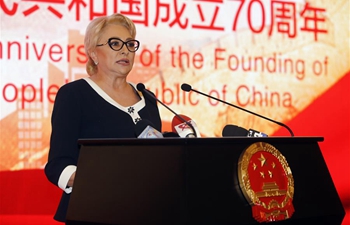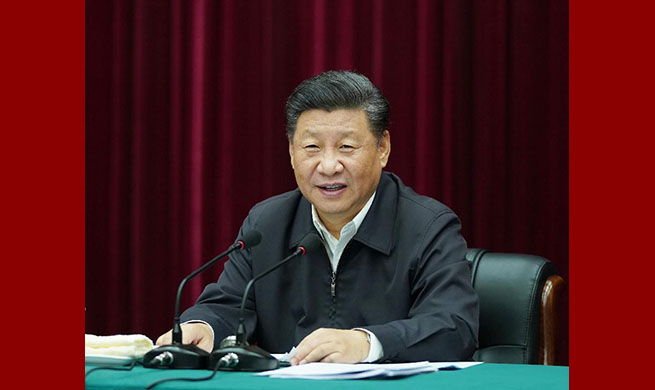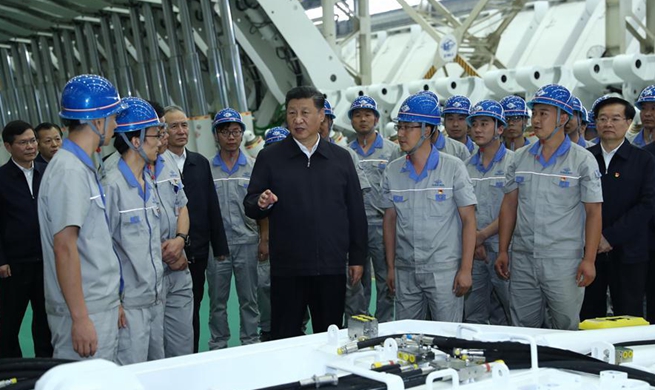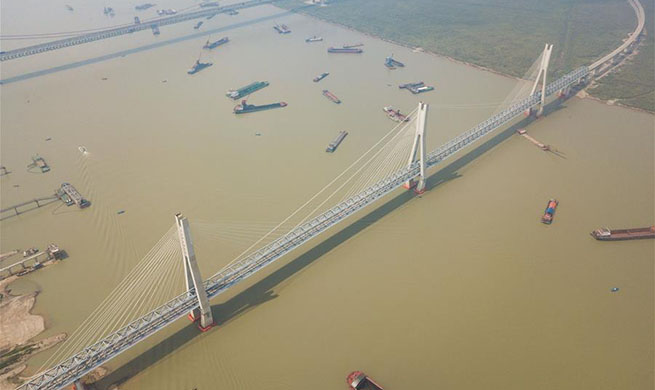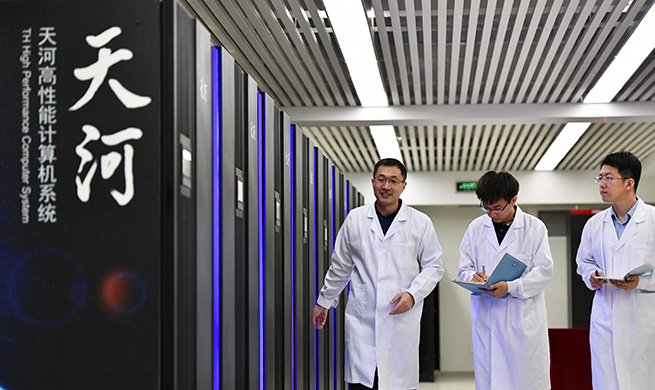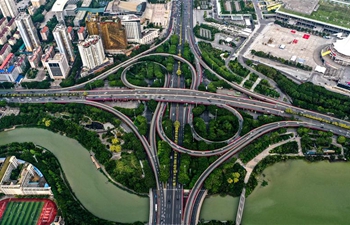TOKYO, Sept. 20 (Xinhua) -- Japanese Prime Minister Shinzo Abe on Friday expressed his commitment to reforming the nation's social security system as the country is increasingly grappling with a demographic crisis with aging and shrinking population.
"Reform toward social security for all generations is the biggest challenge. We will consider sustainable reforms for the entire social security system," the Japanese leader told a panel charged with dealing with the issue, at its first meeting.
One of the government's aims is to encourage senior citizens to actively contribute to the society by working longer, which means they will still be eligible to contribute taxes to help trim the ballooning social welfare costs that the government is and will have to cover.
One scheme under the proposed social security reforms is to incentivize Japanese businesses to hire or allow those who wish to continue to work up until the age of 70.
The proposals come as social welfare expenses here, which span public pensions and medical costs among others, are set to significantly increase from 2022, as postwar baby boomers turn 75 years old or older.
The panel charged with tackling the demographic crisis, comprising 16 people from ministerial, business and academic backgrounds, will compile a report on how to deal with the issue in two stages, with an interim report due before the end of the year and the final deliverable by the summer of 2020.

